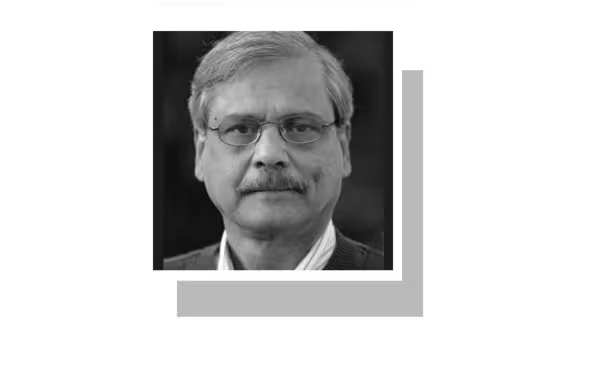Thursday, July 4, 2024 05:45 PM
Narendra Modi's Third Term: Celebration and Concern
- Modi's Hindu nationalist agenda sparks celebration and concern
- Fears of eroding secular principles under Modi's continued leadership
- Importance of upholding secularism and inclusivity in Indian democracy
 Image Credits: dawn.com
Image Credits: dawn.comIndia's Prime Minister Narendra Modi's third term raises celebration and concern over his Hindu nationalist agenda and potential impact on the country's secular democracy. It is crucial for citizens to uphold secularism and inclusivity in shaping India's democratic future.
India's Prime Minister Narendra Modi has secured a third term in office, sparking both celebration and concern among the country's citizens. Modi, known for his Hindu nationalist agenda, has been a polarizing figure in Indian politics, with his policies often criticized for their potential impact on the country's secular democracy.
Since coming to power, Modi has implemented various initiatives that have been seen as promoting Hindu nationalism over India's traditional secular values. This has raised fears among some that his continued leadership could further erode the country's secular principles and democratic foundations.
Many observers worry that another term for Modi could lead to increased polarization within Indian society, as well as potential challenges to the rights and freedoms of minority groups. The upcoming years will be crucial in determining the direction in which India's democracy will head under Modi's leadership.
As India prepares for another term under Prime Minister Modi's leadership, it is essential for citizens to remain vigilant and engaged in the democratic process. It is important to uphold the values of secularism and inclusivity that have long been central to India's identity. By staying informed and actively participating in the political process, individuals can help shape the future of their country and ensure that democratic principles are upheld.













